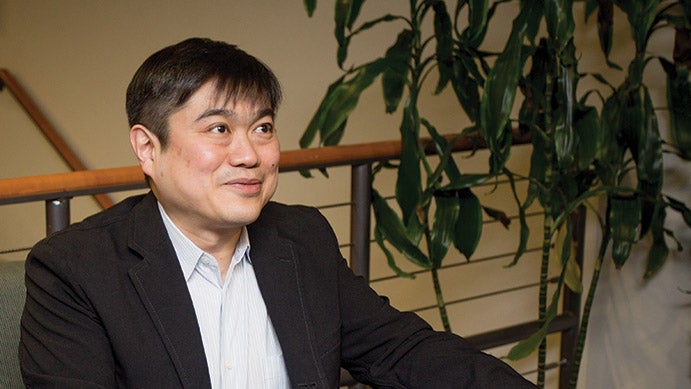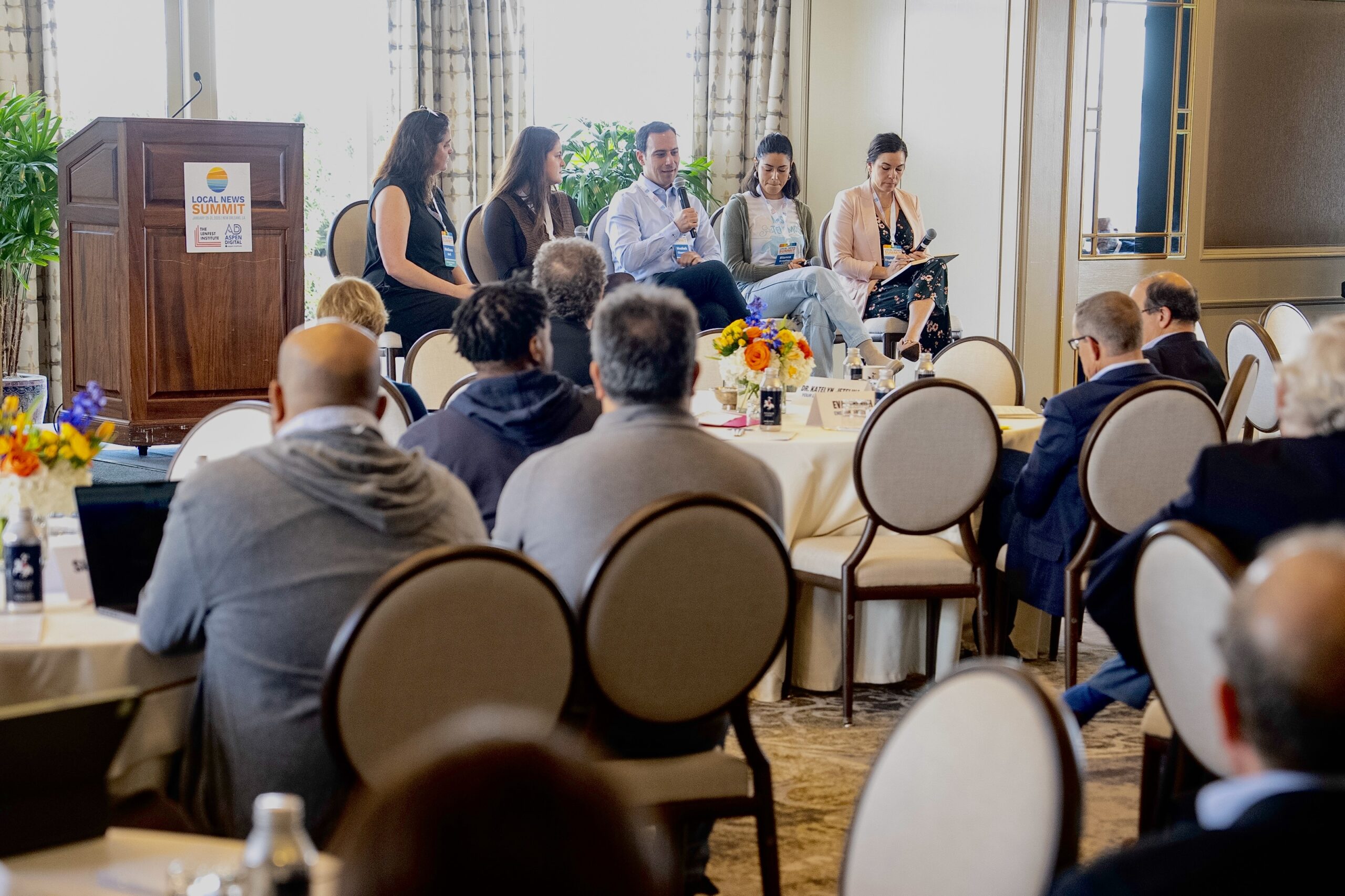David Leonhardt has spent much of the last five years thinking about the future of news.
The New York Times op-ed columnist, who recently led a team recommending a vision for the news organization’s future, recently presented his thought process and findings at the first event of the 2017 McCloskey Speaker Series in Aspen, Colorado.
Describing these times as being “a moment in which people are unusually interested in journalism” — more so than at any time during Leonhardt’s 25-year career — he noted that “journalists are alternately blamed for Donald Trump’s election and hailed as saviors of our democracy, sometimes by the very same people.” And while the president calls the media the enemy of the people, “thousands, if not millions, of Americans have decided to support journalism in recent months by paying good money in new subscriptions” to many newspapers and magazines.
“I think American journalism is better than it has ever been. … but it also faces serious challenges,” he said.
Leonhardt sees three main strengths in today’s journalism. It’s more accurate than it used to be, due in large part to the ability for writers, editors, and readers to hash out questions in real time — keeping each other accountable. “Mistakes simply have a shorter half-life than they used to” in today’s digital world, said Leonhardt, though he also noted that the speed of information-sharing also means that people can “promulgate falsehoods more quickly.”
Reporters also have more tools — like sophisticated maps and graphics, slideshows, videos, podcasts, or interactive features — than they’ve ever had for storytelling. And those tools can be both powerful and popular.
Finally, the audience is larger — at least for the Times, which since 2000 has seen 50 to 100 percent growth in the number of people reading a typical article.
“In a weird way, this is the golden age of people actually paying for journalism,” said Leonhardt, referencing the Times’ subscription model replacing the historic newspaper model of print advertising.
Journalism’s challenges are also a product of the times. “Business models are changing rapidly in a way that threatens vulnerable parts of the industry, particularly local journalism,” said Leonhardt. “Fake news is a real problem. And the lack of faith Americans have in mainstream media is serious.”
Leonhardt pointed to data that shows that the media is not unique in losing the trust of Americans; every major institution is less trusted in 2016 than it was in 1981, with Congress being the least trusted. Wikipedia is more trusted than any mainstream media organization, he noted.
Leonhardt doesn’t believe there’s one silver-bullet business model that could save local journalism. Rather, “we need lots and lots of models,” he said, including philanthropic or foundation funding, or the nonprofit model shown by Pro Publica.
As for the fake news phenomenon, Leonhardt suggested that Facebook, Google, and similar organizations need to step up in their roles as new media sources. He sounded most concerned about the Trump administration’s attacks on and manipulation of the media.
“The Trump administration is trying to create a monopoly on information, in which they are the monopolists,” he said. “I find it so worrisome and chilling, because it is scattershot, but sustained series of attacks on any organization that is attempting to provide independent information.”


